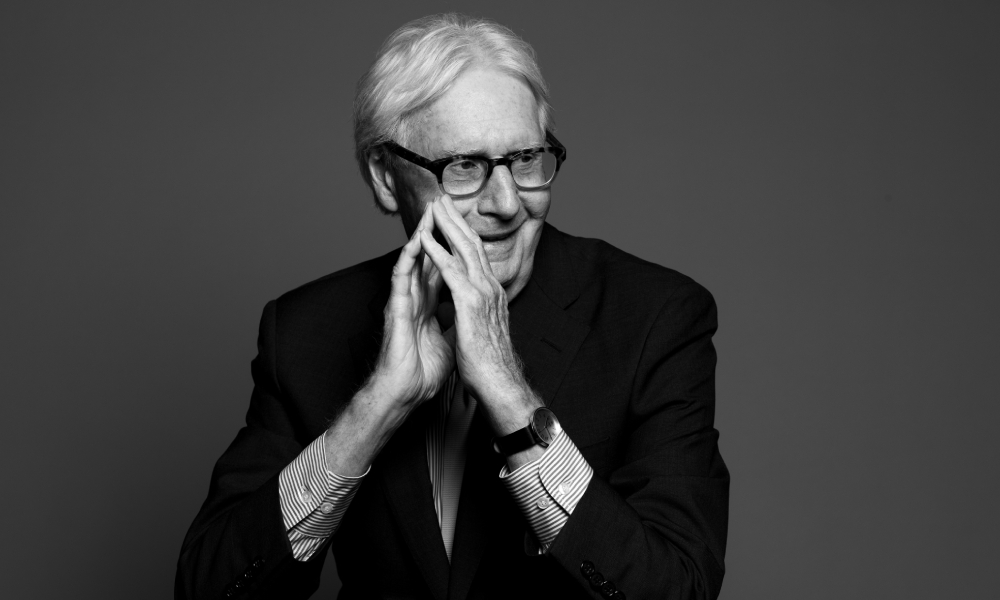
Lenczner Slaght co-founder described as 'ferocious advocate' who developed Principles of Civility

Ronald Slaght, Q.C., a founding partner of Lenczner Slaght Royce Smith Griffin LLP, has retired from practice, his firm announced on Monday. Hailed as a “formidable lawyer” and “generous mentor,” Slaght was known not only for his advocacy skills, but for the civility he brought to the practice of law.
Slaght was “an extraordinary person” who had the greatest impact on the litigation boutique law firm he cofounded 28 years ago, says Lenczner Slaght’s managing partner Tom Curry. “His accomplishments, and the way he conducted himself really transcended the contribution that anyone else can or, I think, ever will make.”
The first and longest-serving managing partner of Lenczner Slaght was “a ferocious advocate” who “always stood for something much bigger than his own personal ambitions; he has always stood for the greatest ideals of the profession,” says Curry. “His discipline, and the high standards he set for himself in the courtroom is an enduring legacy.”
Slaght was graduated from the University of Toronto’s Faculty of Law in 1970 and called to the bar in Ontario in 1972. He articled with, became an associate and later a partner in McCarthy Tétrault LLP in Toronto before branching out with four other McCarthy Tétrault partners to form Lenczner Slaght Royce Smith Griffin LLP in 1992. At the time, that was “very big news,” says Curry. “I think it's fair to say that that had not occurred in the profession [before]; five prominent lawyers leaving a firm like McCarthys to start their own boutique practice.”
During his 48-year practice as a litigator and advocate, perhaps the single biggest contribution that Slaght made to the law was in the area of fiduciary obligations, says Curry. Along with Alan Lenczner, the renowned national trial lawyer who retired from practice at the end of 2019, Slaght acted for the successful respondent in Lac Minerals Ltd. v. International Corona Resources Ltd. before the Supreme Court of Canada. In “a true David-and-Goliath battle for a gold mine,” the case was very nearly lost before it began because of the difficulty in pleading the remedy that was eventually sustained, says Curry; and although the Supreme Court’s decision focussed more on the breach of the use of confidential information, the “area of fiduciary obligations … is something that he will be remembered for.”
At the same time, Slaght was equally passionate about the small case for the underdog, Curry adds, noting a magazine story in the 1970s in which Slaght was featured for a case he had taken on involving a child custody matter.
“It was a good example of something that was a feature of his career, too; he loved the underdog. He had a real passion for justice in that way.”
Slaght was a fellow of the American College of Trial Lawyers and a member of the Ontario Civil Rules Committee. Consistently named in the Lexpert Directory as one of the Top 25 commercial litigators in Canada, Slaght headed the Trial Practice program at the University of Toronto’s Faculty of Law between 1983 and 1985, and was recognized for his ongoing contributions to continuing education programs, seminars and conferences.
His contributions to the legal profession were rewarded with a Queen’s Counsel designation in 1985 (just before Ontario discontinued this recognition for lawyers), a Toronto Lawyers Association Award of Distinction in 2009, The Advocates’ Society Medal in 2010, and The Law Society Medal in 2011.
As The Advocates’ Society president in 2000-2001, Slaght’s initiatives had led to the development of Principles of Civility for Advocates.
“His work in civility and professionalism is also an enduring legacy,” says Curry; “the Principles of Civility drawn up when he was involved with The Advocates’ Society, and then many court and tribunal proceedings, remind everyone … that fearless advocacy is not inconsistent with professionalism. He was a ferocious advocate, but always a consummate professional.”
Indeed, several who took to Twitter on the announcement of Slaght’s retirement praised him not only as a lawyer but as a mentor and a human being.
“Leaving aside his skills as a litigator ([which] were formidable), Ronald is hands down among the most decent, honourable and kind people I know,” tweeted Crown prosecutor David Quayat. “He is and will always be a role model to me.”